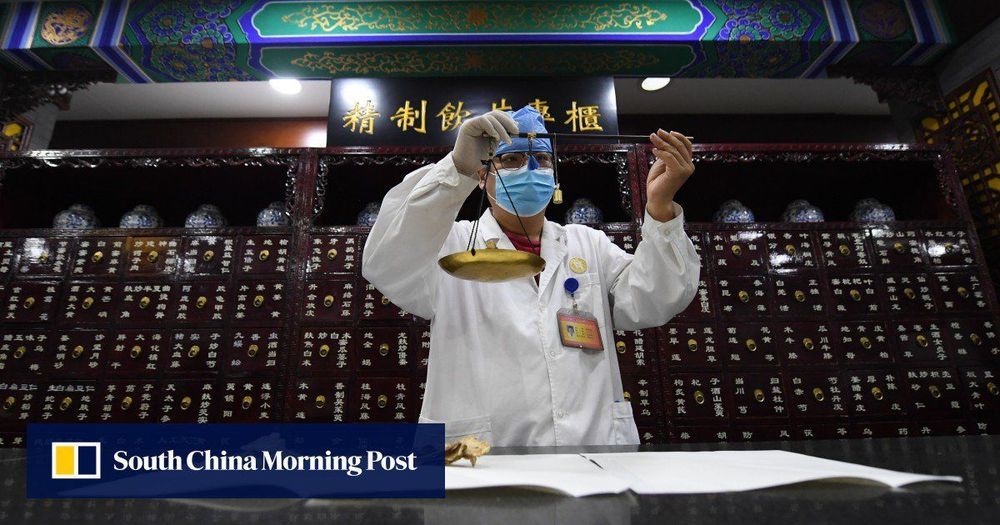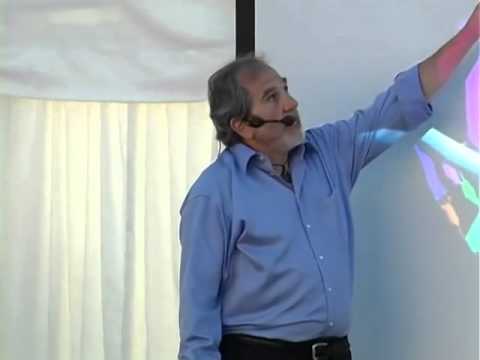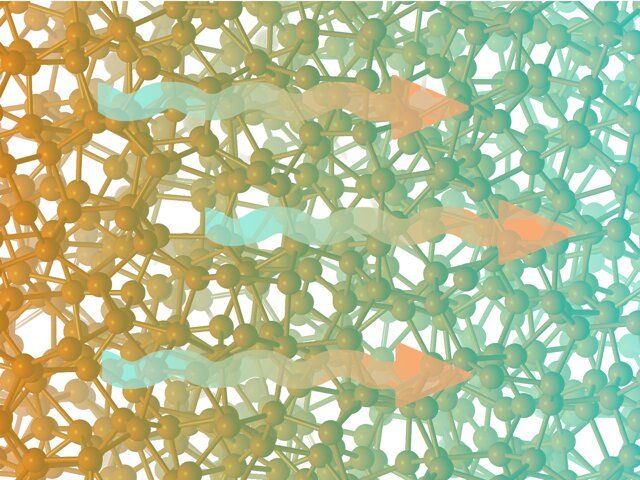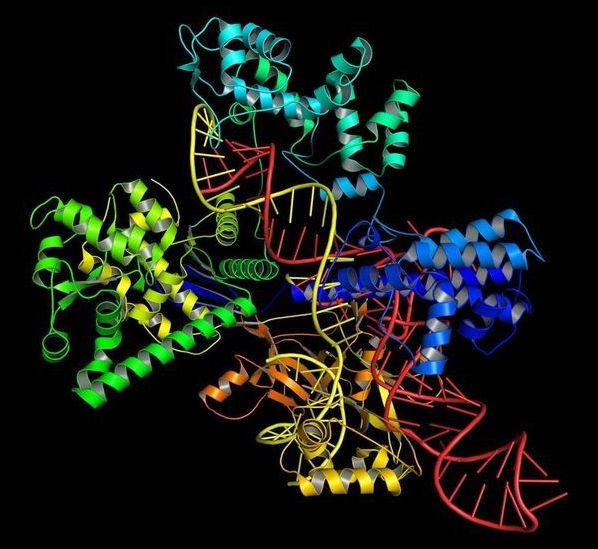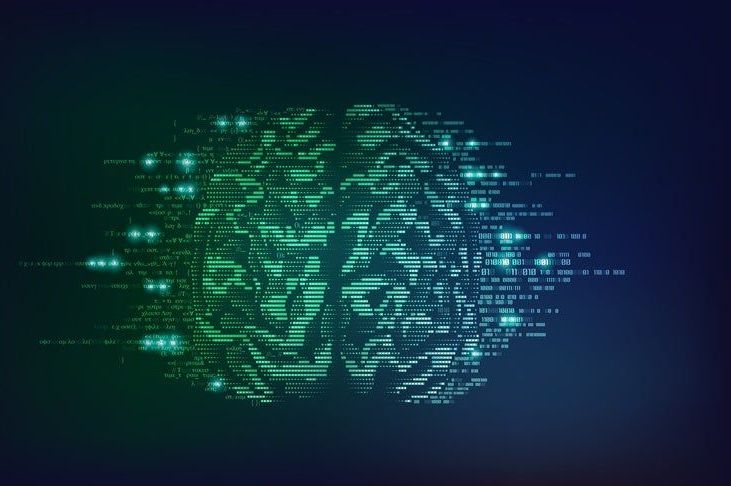Aug 27, 2019
The brain-gut connection: how TCM has known for centuries what Western medicine is now discovering
Posted by Paul Battista in categories: biotech/medical, information science, neuroscience
Aren Jay shared this cogent article to my Timeline… It is not new even Hippocrates was able to determine that the gut causes and or assists in all diseases. But the 19th and 20th centuries researchers began saying that microbes are good for mankind which sent science reeling through generations until this day… Respect r.p.berry & AEWR wherein we have developed a formula and Algorithm that deals with this very serious problem completely. A very expensive cure but one that will take Woman-Man past the Escape Velocity so many have written about… https://gerevivify.blogspot.com/
Recent research has found that bacteria in the gut can affect people’s mental state, leading to mood, cognition and behavioural problems. But in TCM, the link between the gut and all of the body’s organs has long been recognised.
